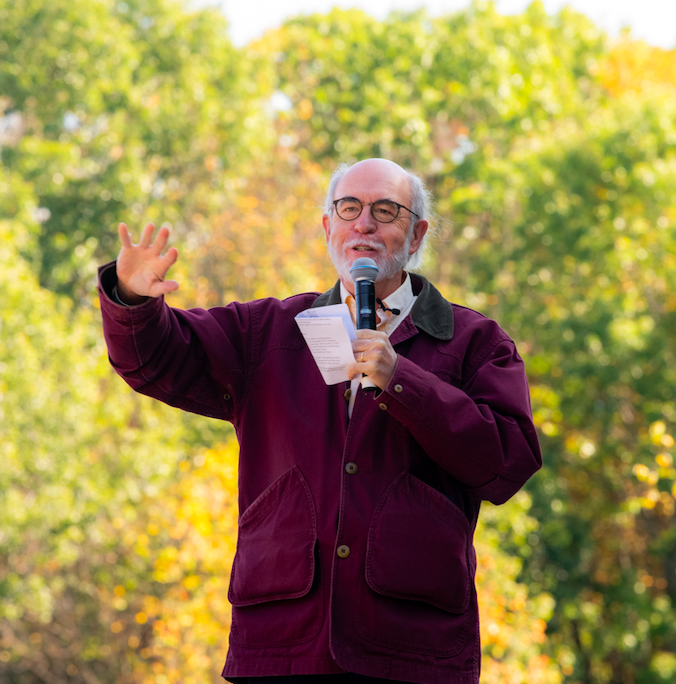
Legislator Spotlight
Senator David Watters Spotlight
Overview
Senator David Watters sponsored New Hampshire SB 200 requiring the recognition and protection of wildlife corridors and habitat strongholds as a public good.
Why is habitat connectivity an important issue to you?
Despite strong efforts to increase the preservation of lands in New Hampshire, fragmentation has accelerated due to population growth, suburbanization, and road construction. Connectivity is a great way to focus on what can be done to take advantage of preserved lands and to make strong arguments for the value of additional habitat preservation of wildlife strongholds. The rapid pace of climate change in New Hampshire, with rising temperature in winter, leading to loss of moose to winter ticks and deer yards to invasive insects, warming riparian waters threatening tout, loss of wetlands, and rising seas along the coast, corridors and habitat connectivity will be essential for species migration and the survival of those stressed by these changes.
What are some of the impacts of habitat connectivity beyond those for wildlife?
Corridors that provide passage over or under highways reduce animal-vehicle collisions, a real benefit in New Hampshire. A more extensive trail system for recreation, in our north country, but especially near urban areas, becomes possible with connectivity. Tree and flora migration may not be able to keep up with climate warming, but connectivity can help. Corridor work brings people together across state lines in New England, thus increasing awareness of ecological connectivity that requires political cooperation.
How does connectivity support climate change resilience?
Connected landscapes are more resilient habitats in New Hampshire, especially those that protect water resources and support wildlife near developed areas. Species of flora and fauna will need to migrate north in New Hampshire, and connected landscapes along rivers and lakes will keep those waters cooler. Coastal and anadromous fish need healthy coastal marshes, so connectivity that permits marsh migration is essential for resiliency. On the human side, connectivity provides landscapes for people to experience, good for their health, and builds support for wildlife habitat preservation.
How did the NCEL network and other state models help you in your process?
NCEL has been essential in developing successful policy and legislation in New Hampshire. This collaboration on bill language with NCEL staff, being connected with legislators from other states and with supporting organizations, created better bills. It has been really interesting to work with legislators through NCEL from states with very different landscapes, natural and political, especially when it came to borrowing successful approaches and learning from unsuccessful ones. For someone like myself without a professional background in ecology, wildlife, etc., being able to work with NCEL was essential. Information can be gathered, but it’s the relationships that make for successful work.


Empower State Environmental Champions
Your donation funds the fight for equitable actions that protect the environment and our health.
Donate